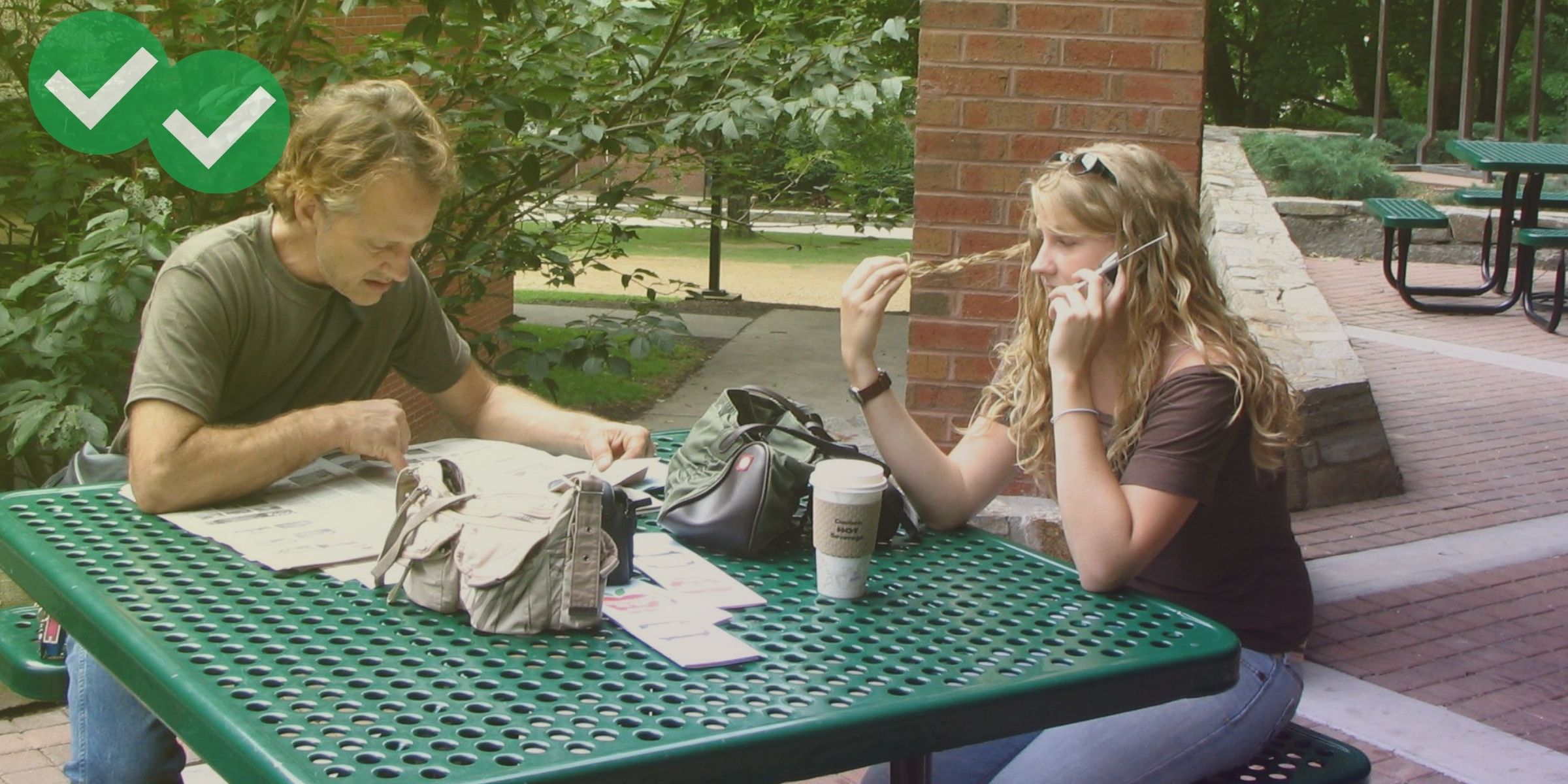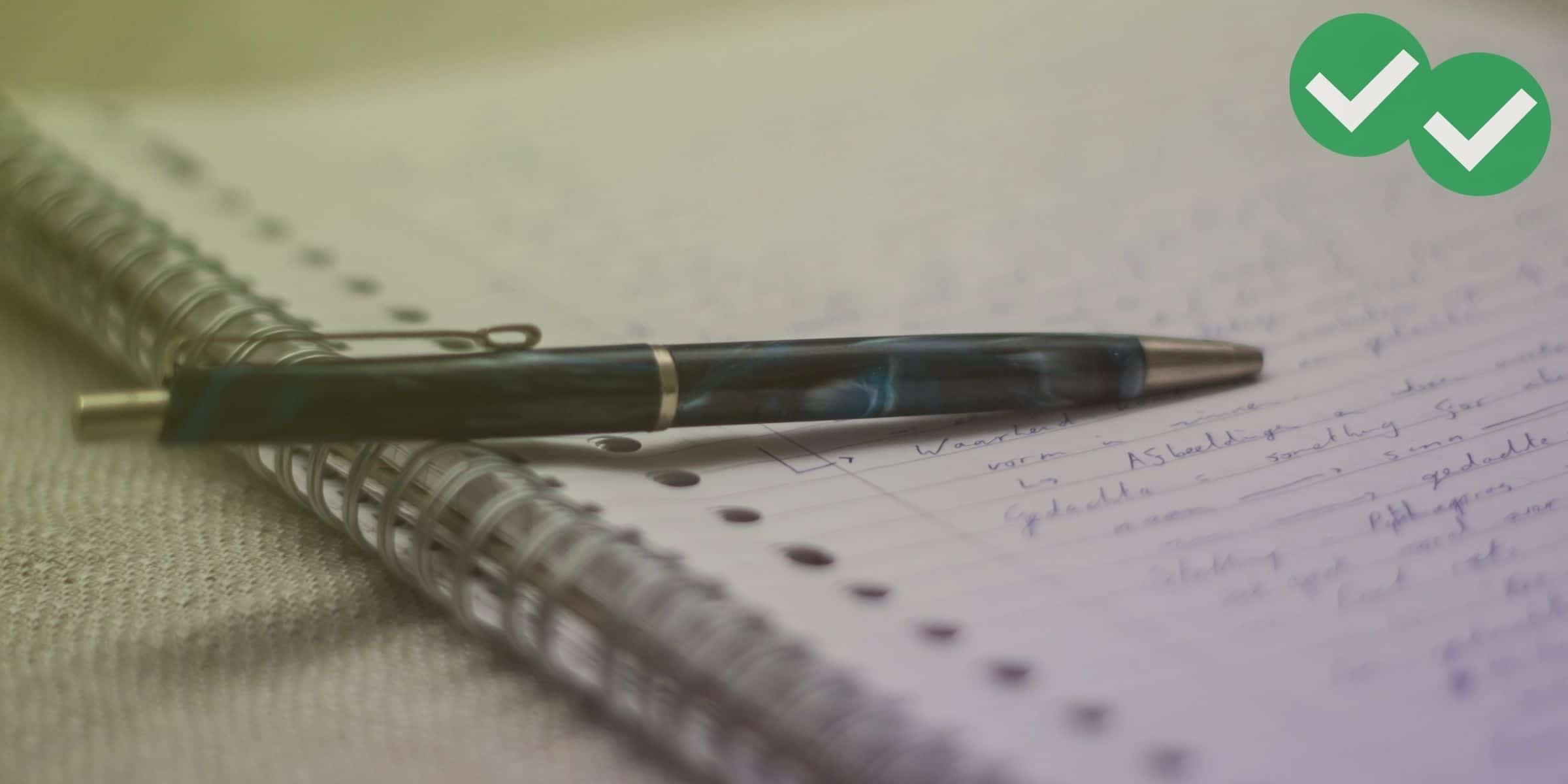
I’ve sometimes see students use a few impolite words (swear words) in their practice TOEFL responses. This is an understandable mistake. After all, the official TOEFL Speaking and Writing Rubrics reward language that’s natural and fluent. And one could argue that mildly bad words are a natural part of English speech. You will often hear these words on prime time television and in every day conversations.
That being said, you should not use swear words in your TOEFL speeches or essays, and doing so will hurt your TOEFL score. There are a few of reasons for this.
Foul language is not academic language
Academic English has varying degrees of formality. You can see less formal academic language right here on our TOEFL Blog. My colleagues and I write in a tone that’s conversational and informal– certainly not as formal as a textbook article or a research report in an academic journal. But there is no language on this blog that would earn the blog a “PG” (parental guidance suggested) rating if someone made “Magoosh TOEFL Blog: The Movie.” (I want to be played by Jason Lee, by the way!)
This is because the use of “bad” words is not appropriate, or even natural, in educational/academic English. Swearing sounds quite unnatural and distracting in a learning environment. This is because native English speakers– even people that use swear words under other circumstances– are culturally conditioned to use polite language at school.
The TOEFL tests your “language-readiness” for English use in higher education. Important skills include grammar, vocabulary, comprehension, and pronunciation, yes. But another important skill you must demonstrate on the TOEFL is pragmatics. Pragmatics is the skill of understanding the cultural and situational correctness of language use. And swearing on an academic exam– or in a school setting– is not pragmatically correct.
Swearing shows a limited ability to express yourself
In almost any language, people swear when they are frustrated. Swear words are used when someone feels strong emotion and is otherwise at a loss for words. In these situations, crude speech is not creative, carefully thought out speech. In some cultures, including many English-speaking ones, swear words are also used in a happy, playful way among friends. But again, this doesn’t demonstrate the careful thought and fluent range of expression you need for a good score on the TOEFL.
The takeaway
Many ESL students already know not to swear on the TOEFL. However, for some test-takers, the use of swear words is tempting. Bad words are seldom the first words you learn– your English teachers won’t teach them in class, for the cultural and pragmatic reasons I just outlined. So these words can be mistaken for “advanced,” fluent English.
In reality, these rude words are of very limited use. Understanding “bad” words can help you follow TV comedies and tense moments in English drama films. But you could probably live your whole life in an English speaking country without actually needing to say those words yourself. And swear words are less-than-useful on the TOEFL.






Leave a Reply